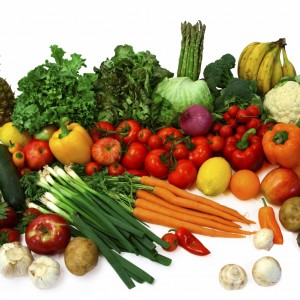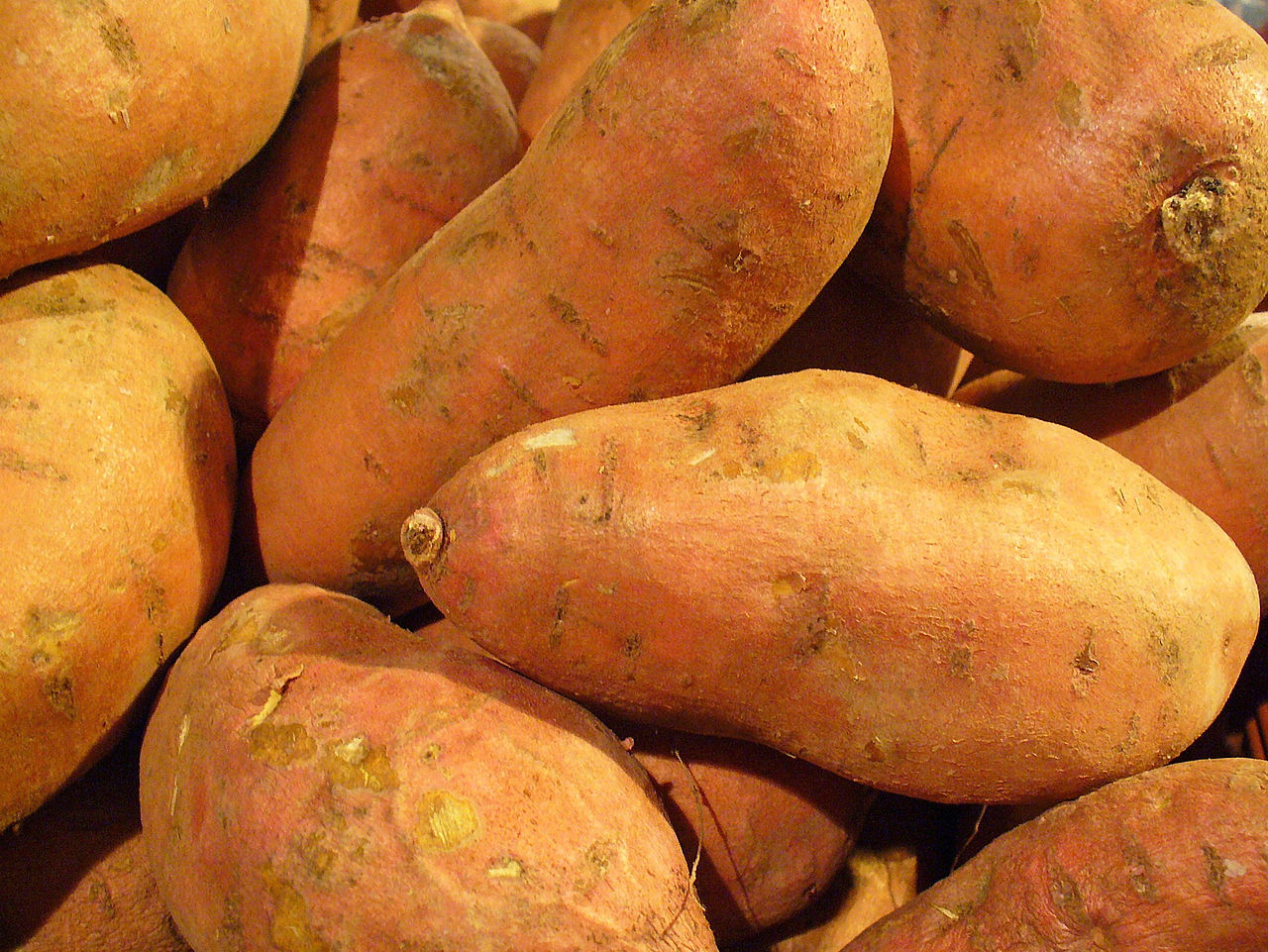Special to NKyTribune
A balanced diet is an important foundation to maintain good health, but many Americans don’t know what nutrients are best for their eyes, and that diet can affect your eye health and vision as you age.
A 2015 national survey from the American Optometric Association found that 48 percent of Americans think of carrots are the best food for eye health. The correct answers are kale, collard greens and spinach, which are actually the most nutrient-rich foods for the eyes.
“It’s important for people to be proactive with their health—make good lifestyle choices now to help avoid problems later,” said Dr. Darren Patrick, an optometrist in Bardstown. “Stick to the building blocks for overall well-being: enjoy a nutrient-rich diet, stay active, and avoid harmful habits, such as smoking. All this can help people avoid sight-threatening disease and enjoy a lifetime of healthy vision.”
The Kentucky Optometric Association recommends these eye-healthy power foods:
Green, leafy vegetables (such as spinach and kale) and eggs
Eye-healthy nutrients: Lutein and Zeaxanthin
Good for the eyes because: Many studies have shown that lutein and zeaxanthin reduce the risk of chronic eye diseases, including cataracts and age-related macular degeneration (AMD), the leading cause of severe vision loss in adults over age 50. These plant-based pigments also appear to lower the risk of developing type 2 diabetes, a leading cause of blindness. They are also protective antioxidants that work like internal sunglasses, absorbing damaging blue light that Americans are exposed to every day.
Fruits and vegetables
Eye-healthy nutrients: Vitamins A, C and polyphenols
Good for the eyes because: The eye’s light-sensitive retina (thin layer of tissue at the back of the eye) requires adequate vitamin A for proper function. Vitamin C supports the health of ocular blood vessels. Scientific evidence suggests vitamin C lowers the risk of developing cataracts, and when taken in combination with other essential nutrients, can slow the progression of AMD. Polyphenols are plant-derived substances that reduce inflammation, and are especially high in colorful fruits and vegetables.
Nuts, fortified cereals and sweet potatoes
Eye-healthy nutrients: Vitamin E
Good for the eyes because: Vitamin E promotes the health of cell membranes and DNA repair and plays a significant role in the immune system. It has also been shown to slow the progression of AMD and visual acuity loss when combined with other essential nutrients.
Salmon, tuna and other cold-water fish
Eye-healthy nutrients: Omega-3 fatty acids
Good for the eyes because: Omega-3 fatty acids may reduce inflammation, enhance tear production and play a role in preventing or easing the discomfort of dry eye.
“The body doesn’t make the nutrients listed above on its own, so they must be replenished daily,” Patrick said. “In addition to a healthy diet, an eye doctor can recommend specific vitamins or other supplements for balanced nutrition based on each patient’s individual diet and risk factors.”
To find an optometrist in your area, please visit www.kyeyes.org.



















